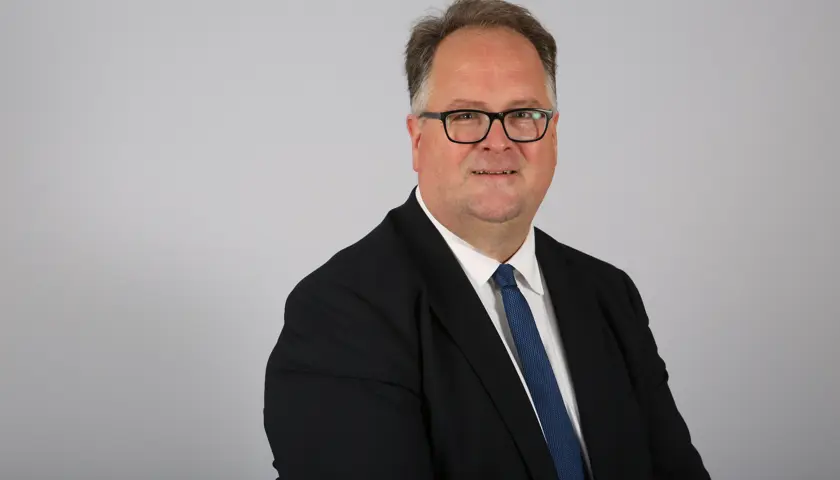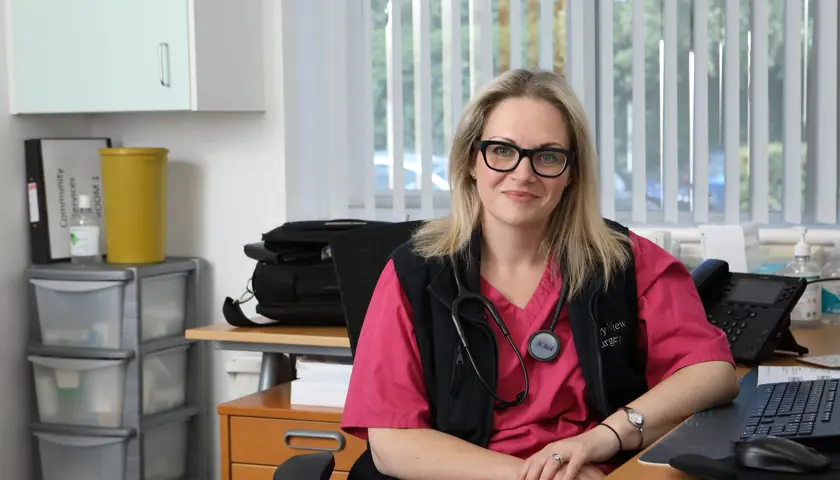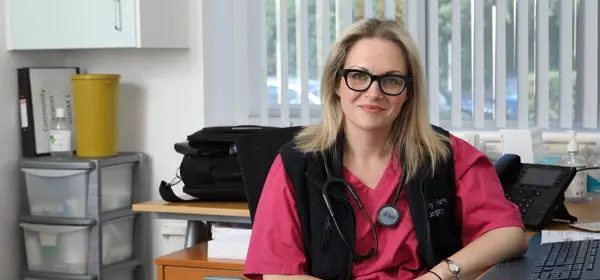GPs warn increase in employer NICs ‘could be the end of us’
GPs warn increase in employer NICs ‘could be the end of us’
Calls for government to reimburse costs to practices in plans to fix NHS ‘front door’
GPs fear widespread cuts to services and closures of practices as a result of proposed increases to their employer National Insurance contributions announced in the Budget.
Chancellor Rachel Reeves announced last week that the rate of employer NICs would increase by 1.2 percentage points to 15 per cent, with the level at which employers begin paying NICs for each employee reduced from £9,100 to £5,000.
This will come alongside a 6.7 per cent increase in the national living wage, to £12.21 an hour, from April as part of measures to raise an extra £40bn per year in tax.
With general practice ‘on its knees’ after more than a decade of cuts to public services, the BMA GPs committee for England is calling on the Government to cover these costs by uplifting practice funding to protect practices and their patients and honour its pledge to ‘fix the front door’ of the NHS.
'Insulted' and 'undervalued'
Some 60 local medical committee officers, who support practices looking after as many as 40 million patients, attended a support network meeting this week alongside an officer of GPC England.
Some warned ‘this could be the end of us’ and urged the BMA to escalate its ongoing collective action in response.
‘We ... never expected it from a Labour government,’ the meeting heard.
David Wrigley, a GP in north Lancashire and deputy chair of GPC England at the BMA, who attended the meeting, said: ‘Over 10 years of cuts to public services has left general practice on its knees. Faced with one of the biggest financial and employment crises ever faced by our profession we're also expected to meet increasing demand with limited resources.
'Unless this cost increase is covered by uplifting practice funding for staffing costs, the chancellor's plan to increase employers' National Insurance will place an enormous added burden on practices already operating on the tightest of margins to remain financially viable.
‘If the Government decides to press on by not covering these increased costs for practices, which previous governments have done, then this will lead to more difficult decisions for practices and force many to cut back on the services we provide.'
Dr Wrigley said 'the whole profession has been committed to working in the NHS since its inception in 1948'.
‘There is a real risk that if the Government does not take action on this issue then general practice could become like dentistry with NHS dental deserts across the country,' he added.
‘If the Government is fixing the “broken NHS” then they must rethink this decision and work with us to immediately reassure GPs of additional funding to cover this cost increase, which will protect practices and allows us to offer the services our patients deserve.’
In a letter to Darren Jones last week, Katie Bramall-Stainer, chair of GPC England at the BMA, said GPs were ‘deeply concerned’ about the mounting costs, which would amount to an extra £865 a year for an employee on a salary of £30,000.
‘We are calling upon yourself and the Treasury, alongside the Department for Health and Social Care, to provide absolute certainty at the earliest opportunity, that GPs, as designated public authorities, are [supported] in full for this additional financial burden,’ she wrote.
GPs have been defined as ‘public authorities’ for 25 years.
Dr Bramall-Stainer explained this means: ‘We are not like traditional businesses who can increase costs to absorb financial pressures.’
She added: ‘Without this swift action, practices will be forced to reduce services, implement cost cutting, lose staff, and in some cases close their doors completely.
'Eye-watering' costs
Ruth Rankine, director of primary care at the NHS Confederation, said: 'We are very worried about the impact the employer national insurance contribution uplift could have on the primary care sector if it must be paid out of GPs’ own budgets.
'We are hearing reports that some primary care providers could face eye-watering annual costs on top of already very low financial settlements. This could have dramatic impact on capacity, with practices potentially having no choice but to close or to cut back on their services as they cannot afford to keep them running.'
She added: 'While GP surgeries may operate as independently-owned partnerships they are wholly funded to provide NHS services and so they should be given the same support as NHS trusts and other public sector organisations.
'We look forward to the government officially clarifying its position to our members, who understandably are very concerned, and confirming which businesses will be protected. In the meantime we are working closely with DHSC and NHS England on mitigation.'





